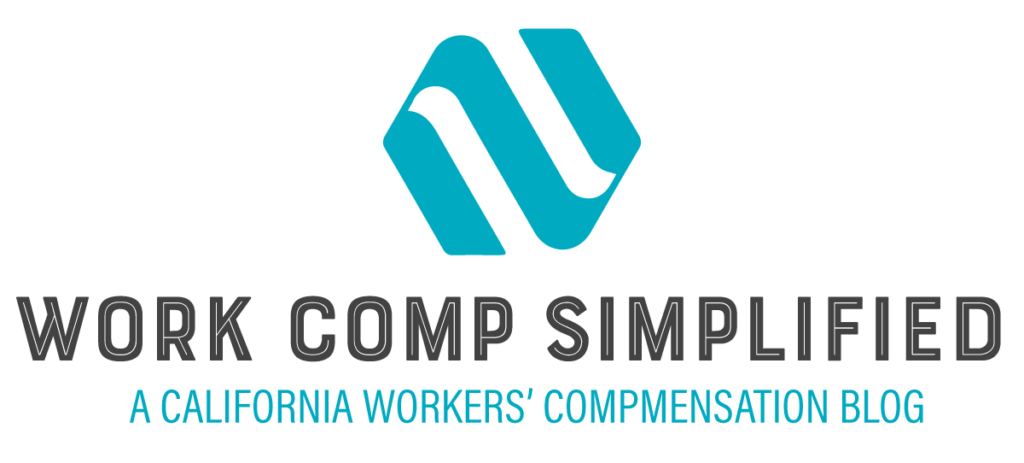Published by Joseph Yrulegui on June 11, 2020
We have previously discussed California Governor Gavin Newsom’s Executive Order that created a rebuttable presumption that COVID-19 is a compensable occupational disease. Under Executive Order N-62-20, employees who were required to work outside of the home between March 19th and July 5th and who contracted COVID-19 are presumed to have done so at work.
While California has gone further than virtually every other state, the presumption is still rebuttable. Employers, insurers, and administrators have a right to defend COVID-19 workers’ comp claims. In this article, our Fresno workers’ comp defense lawyers highlight four possible defenses to these claims.
Defending COVID-19 Workers’ Comp Claims in Light of Executive Order N62-20
- Insufficient of Medical Evidence
To qualify for benefits in accordance with Executive Order N62-20, an employee must have developed COVID-19 within 14 days of being required to leave their home at their employer’s discretion. As with other workers’ comp claims, medical evidence is required to sustain a claim. Employees who never got a positive COVID-19 test result or a valid COVID-19 diagnosis from a licensed physician are not entitled to benefits.
- Failure to Exhaust Other Employee Benefits
One of the limits of California’s COVID-19 workers’ comp regulation is that it requires employees to exhaust other applicable workplace benefits before using the workers’ compensation system. An employee cannot receive temporary disability (TD) benefits for time missed because of COVID-19 exposure if they have sick leave benefits that could be used instead.
- Employee Falls Outside the Scope of the Order
Executive Order N62-20 is extremely broad. Other states that have passed similar regulations have largely limited the presumption of workplace exposure to health care workers, first responders, and other employees who are at heightened risk of being exposed. California goes beyond that: The Executive Order applies to everyone who worked outside of their home, at the instruction or discretion of their employer.
As broad the rule is, there are limits. An employee who has been given full-time telework assignments but who nonetheless contracted COVID-19 during the pandemic would not be covered by Executive Order N-62-20. A workers’ comp claim could be defended on the grounds that the employee never had to leave his or her home.
- Evidence of Non-Work Related Exposure
Finally, a COVID-19 workers’ comp claim could be defended on the grounds that the exposure occurred outside of the course and scope of employment. As was noted above, the presumption is ‘rebuttable’—meaning employers and insurers have a right to introduce other evidence. As this is a novel issue, no applicable case law has yet been developed that speaks to what exactly an employer needs to show.
Get Help From a Fresno, CA Workers’ Comp Defense Attorney
At Yrulegui & Roberts, our Fresno workers’ compensation defense lawyers are skilled, experienced advocates for clients. If you have questions about COVID-19/coronavirus exposure claims, we are ready to help. To schedule your confidential initial consultation, please contact our legal team at 559-222-0660. With office locations in Fresno, Bakersfield, and Sacramento, we represent employers, insurers, and claims administrators throughout the San Joaquin Valley and beyond.

